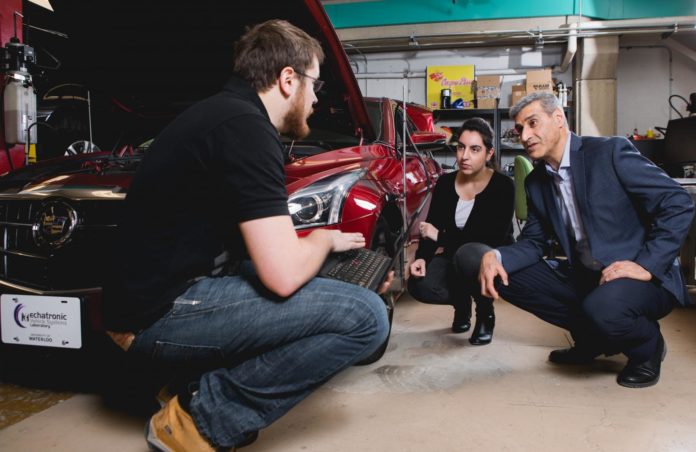Scientists at the University of Waterloo have developed a new valve technology that could dependably and moderately expand the proficiency of internal combustion engines by more than 10 percent. Moreover, this technology could potentially reduce fuel consumption in everything from ocean-going ships to compact cars.
Intake and fumes valves inside combustion engines are normally controlled by cam mechanisms that don’t permit the planning of their opening and shutting to fluctuate. This technology replaces cams with hydraulic cylinders and rotary hydraulic valves that enable fully variable timing as the speed and torque of an engine change.
It also has the ability to specifically time the opening and closing of valves according to engine operation. This, leads to increased fuel efficiency reduced both costs and greenhouse gas emissions.
Amir Khajepour, a professor of mechanical said, “This method has the potential to bring the well-established benefits of a fully variable valve system out of the lab and into production engines because cost and complexity aren’t issues.”
“If you think about an ideal solution, it is to make the motion of the valve completely controllable. That gives you infinite options to work with.”
Khajepour said an affordable, reliable method to vary valve timing in internal combustion engines could substantially reduce our carbon footprint during the transition to cleaner electric powertrains over the next few decades.
“We should be able to easily improve efficiency by over 10 percent, which is significant,” he said.
The study on optimizing the hydraulic variable valve system, which builds on research that began in 2008, appears in the journal Mechatronics.
